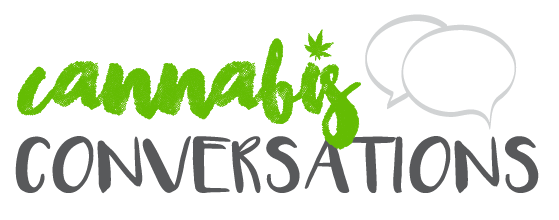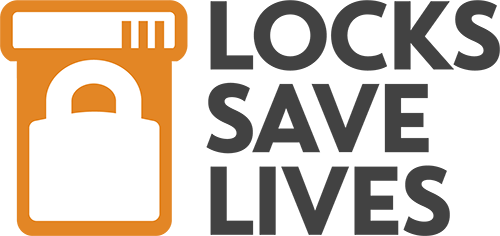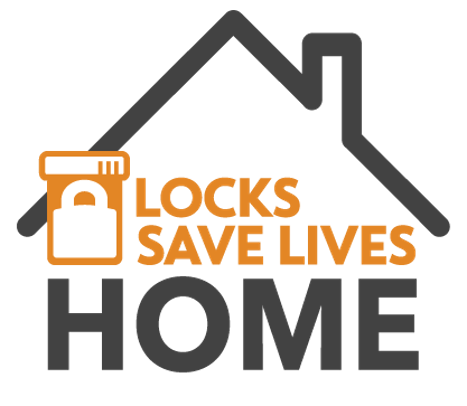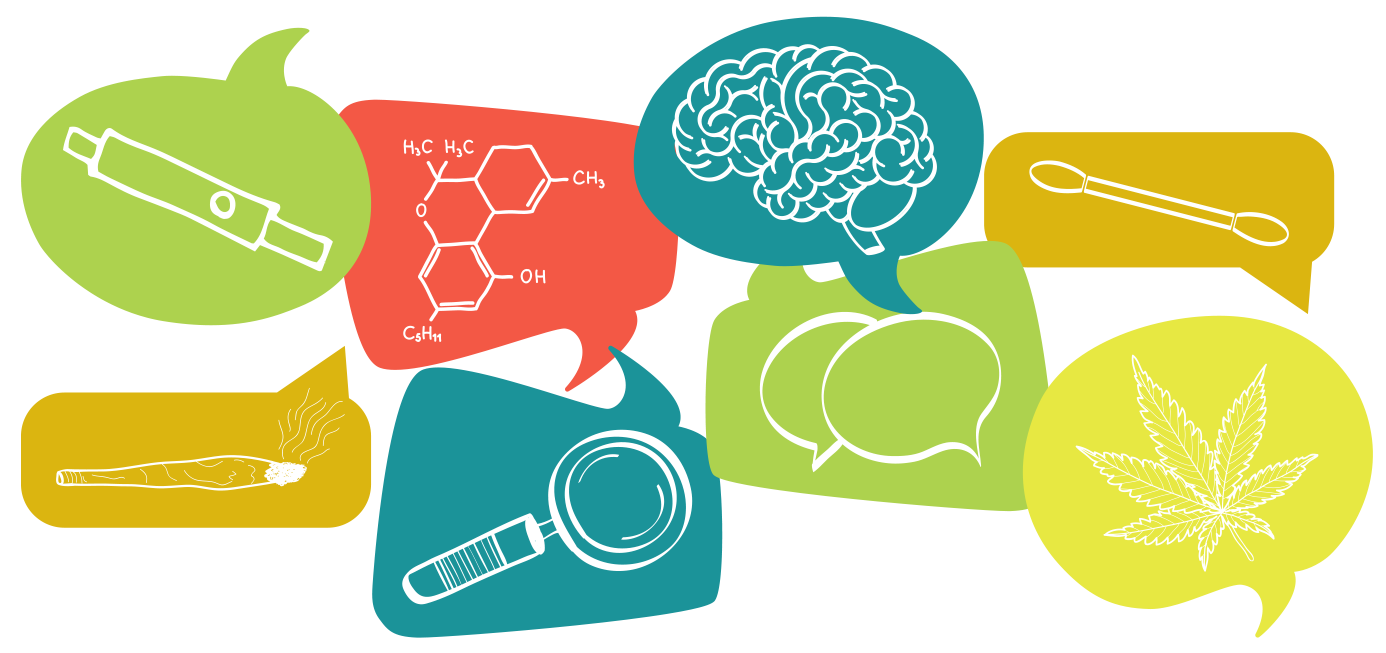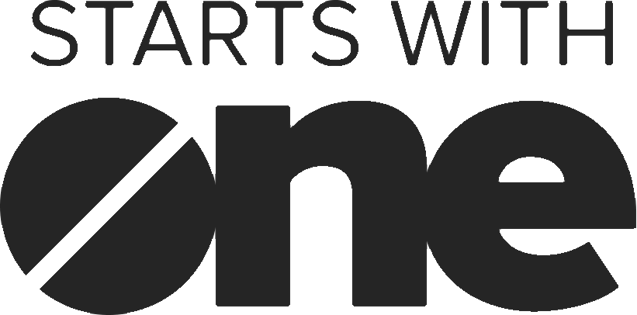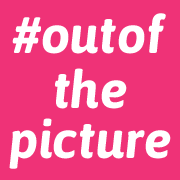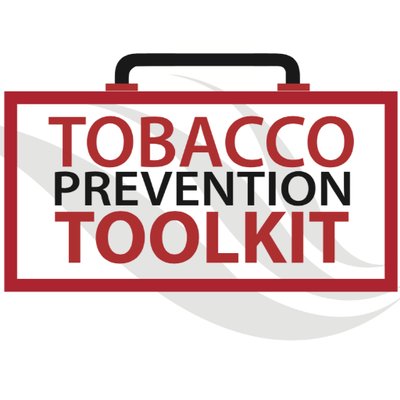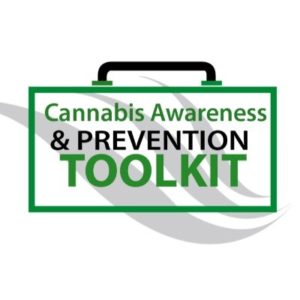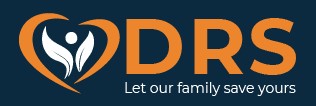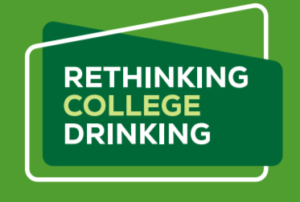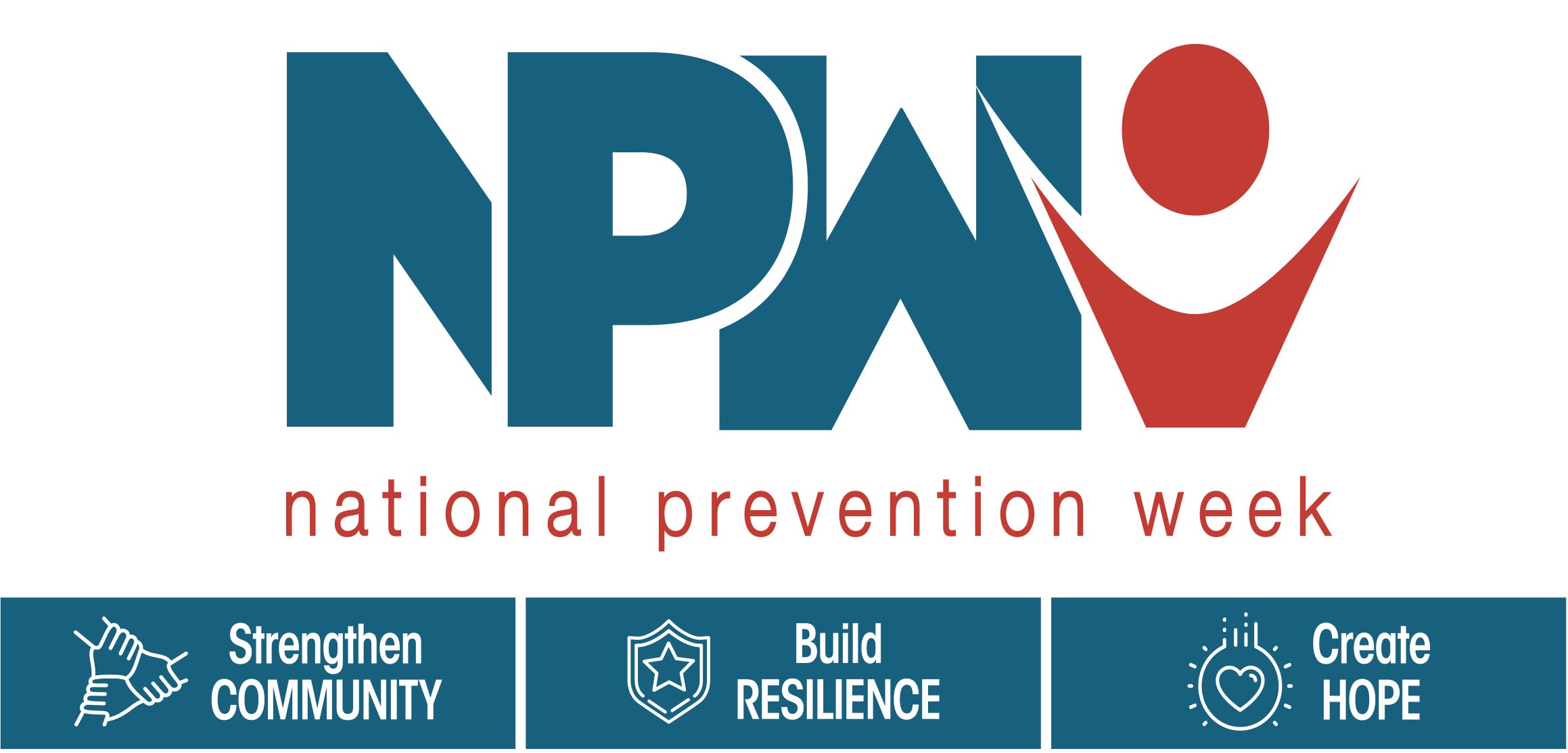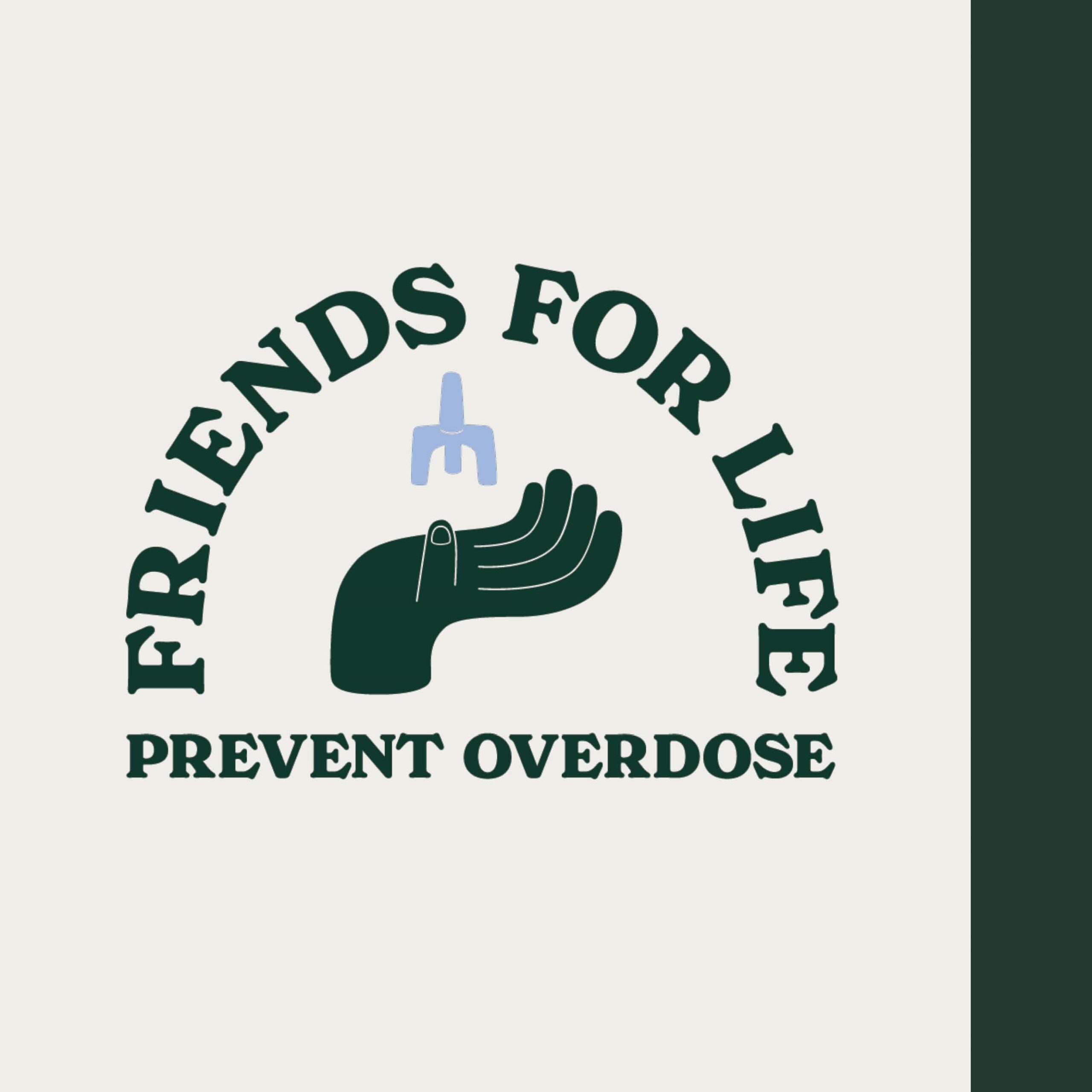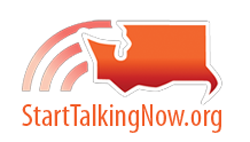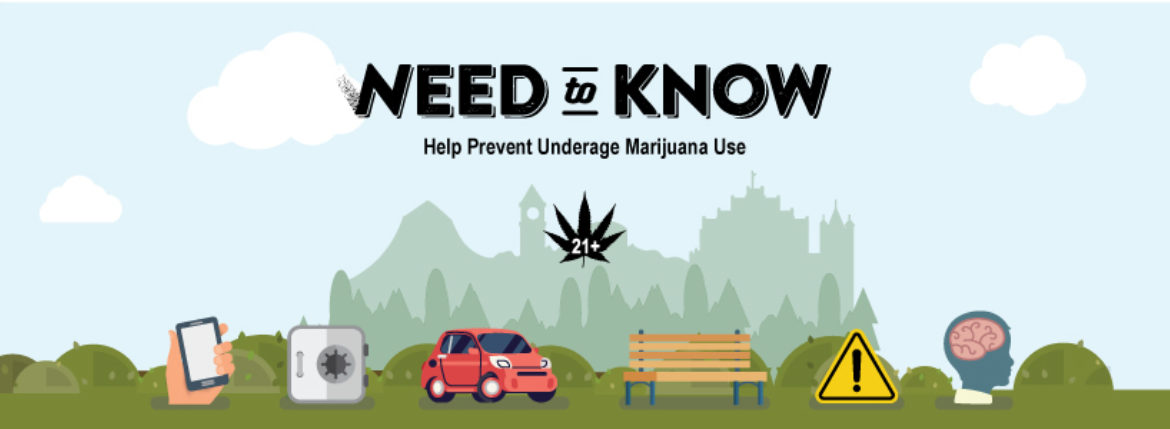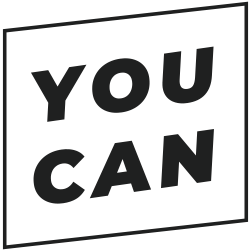Resources
Providing up-to-date resources and reports to the communityTools & Resources
Youth & Teen Resources
Youth Now is a resource for youth and teens to learn science-based realness about drugs and alcohol, and how they affect your brain and body. Additional resources include how to talk to friends as well as ways to cope.
The Youth Empowerment Project is a community-based group with the goal of empowering youth to overcome obstacles and build resilience.
Parents Resources
We know it’s not easy to talk to kids about substance use and abuse – especially your own kids. That’s why we’ve developed age-appropriate materials as well as links to external resources to help you talk to your kids about drugs. It’s time to start the conversation.
Provider Resources
We’ve developed research-based training materials for providers to use as tools to connect with youth and teens about topics including: stress, brain development, coping and risk factors, costs of early substance abuse, as well as information about e-cigs, vaping and marijuana.
School Resources
As school administrators, counselors and educators, you play an important role in a student’s life. That’s why we’ve compiled a collection of research-based materials to use as tools to educate yourself as well as connect with youth and teens about vaping.
Rural Resources
The Rural Network is a group of volunteers and leaders across Washington building resiliency and safeguarding youth. The group is focused on producing materials and guides for rural prevention specialists to be able to use in their communities.


